The Most Important Insect On The Planet – The Bee – Is On The Verge Of Extinction, Which Will End Humanity As Well
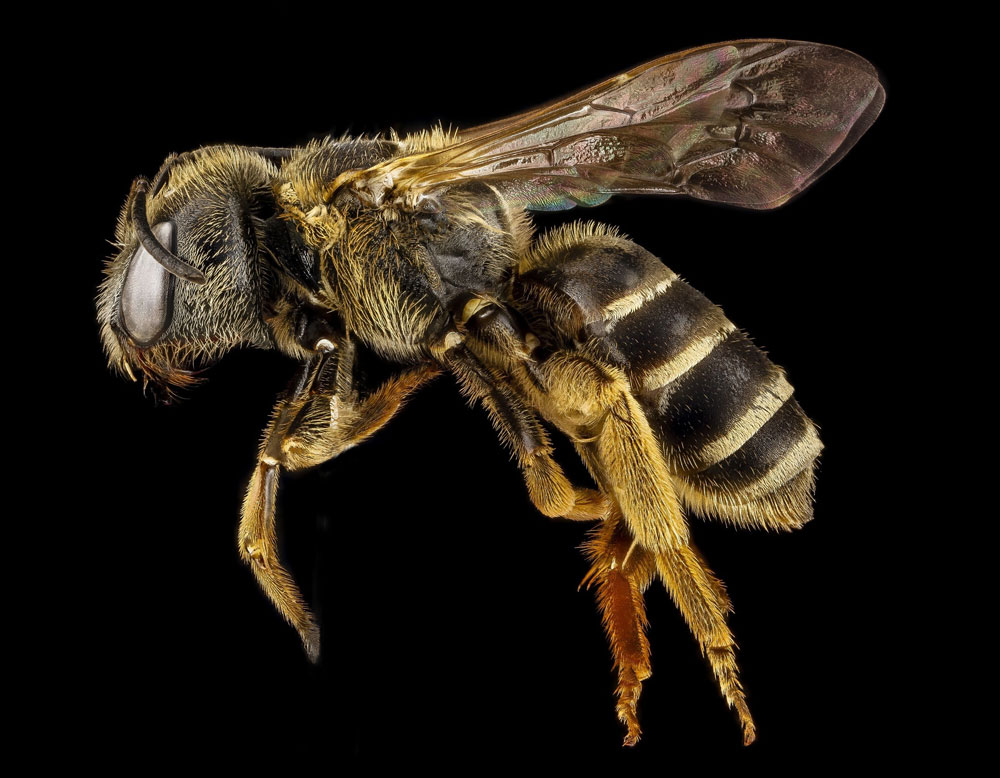 Bees have officially been added to the list of endangered species close to extinction in the very near future if humans don’t do anything about saving these most beneficial insects.
Bees have officially been added to the list of endangered species close to extinction in the very near future if humans don’t do anything about saving these most beneficial insects.
The loss of bees on this earth will be a disaster for mankind because they are irreplaceable insects. The relation that bees have to all flowering plants is the most interdependent, cooperative, harmonious and important things on the planet. This relationship has lasted for over 100 million years, which led to the creation of all the diverse species we have in nature. Having all these readily available species have also promoted the human species through food and nutrients.
There are over 20,000 species of bees on this earth, and surprisingly, most of them do not live in hives. 75% of the food that produce seed and fruits that are consumed are partly done by pollination, with the bees’ help. 87 of crops worldwide are wholly created by pollination. These crops feed thousand of animals and birds.
Article courtesy of True Activist

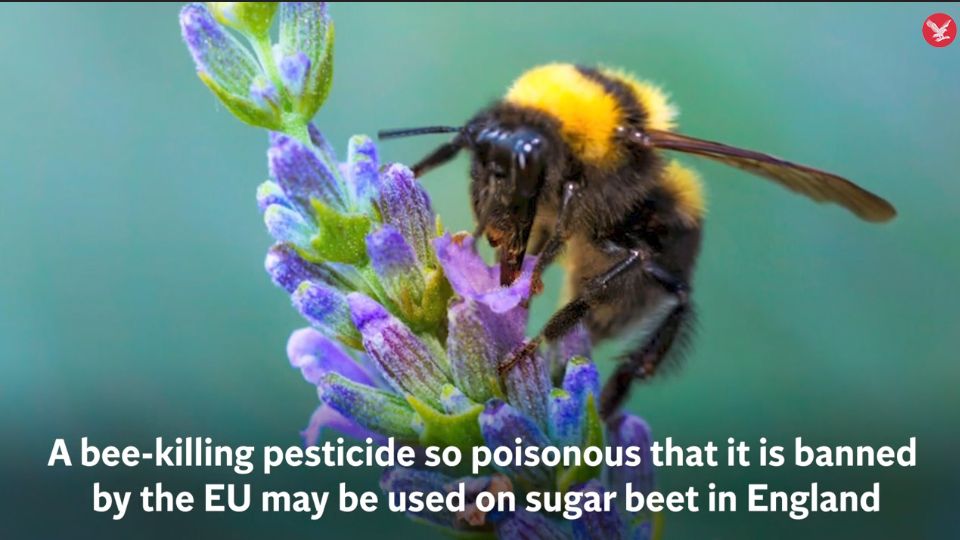

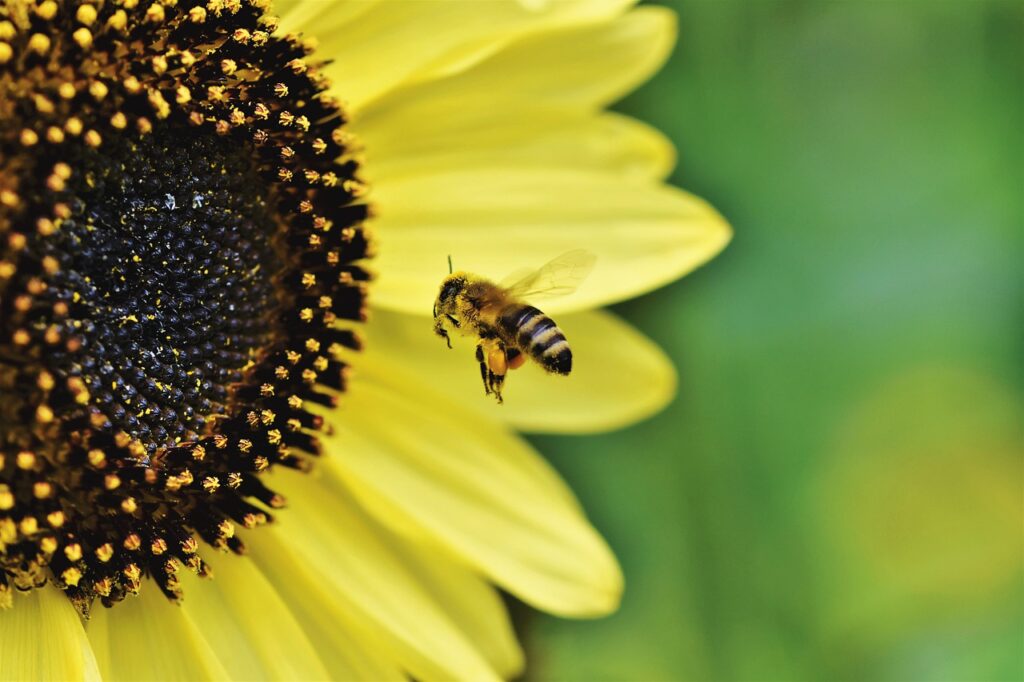
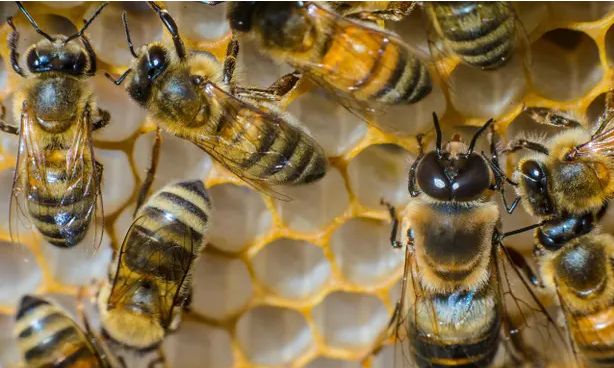

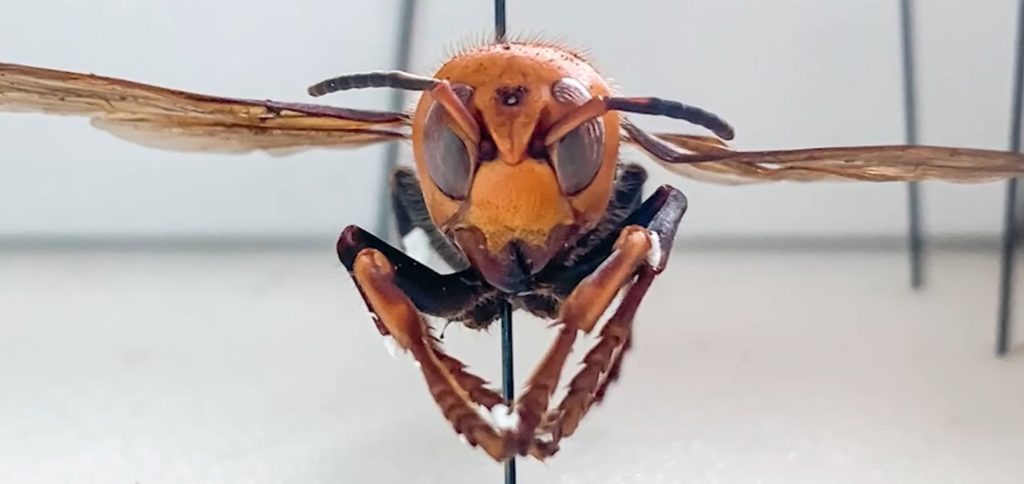

 Bees have officially been added to the list of endangered species close to extinction in the very near future if humans don’t do anything about saving these most beneficial insects.
Bees have officially been added to the list of endangered species close to extinction in the very near future if humans don’t do anything about saving these most beneficial insects.